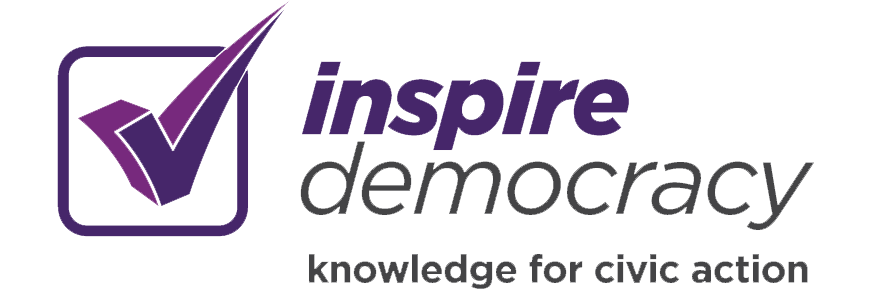

There are many reasons why you might decide to run as a candidate in a federal election. For example:
Running in a federal election is one way you can be part of the democratic process.
In a democracy, all citizens should feel that their elected officials represent them equally and fairly. In Canada, people who are eligible have the democratic right to run as a candidate in a federal election. The Canadian Charter of Rights and Freedoms protects this right.
It takes time and effort to run in an election. Here are three areas to consider if you're thinking about becoming a candidate:
There are strict rules around the financing of political campaigns before, during and after an election.
All candidates have limits to how much money they can:
This means that candidates may have to fundraise, or ask for donations from supporters. To encourage donations, you can issue official receipts for income tax purposes for political contributions.
The Canada Elections Act defines an electoral campaign expense of a candidate as a reasonable expense made because of (or for) the election, regardless of when it was made. When you run as a candidate, Elections Canada can reimburse some of your campaign expenses.
There are six categories of electoral campaign expenses. Here are some examples for each category:
The rules are not the same for all types of expenses. Certain people on the campaign team are allowed to submit expenses. There are also limits on the expenses that can be reimbursed. Chapters 7 to 14 in the Political Financing Handbook for Candidates and Official Agents explains the different categories of election expenses and the rules around each of them.
In some cases, your employer must grant you a leave of absence from your job if you are running as a candidate in a federal election. Check the Canada Elections Act for more information.
If you identify as a person with a disability, and want to run as a federal candidate, some of the expenses related to your disability may be reimbursed (this is also known as a disability-related personal expense). All candidates could also be reimbursed for expenses used to improve your campaign's accessibility for electors with a disability (this is also known as an accessibility expense).
The Political Financing Handbook for Candidates and Official Agents breaks down these expenses. It explains in more detail what are and what are not considered expenses, who can incur and pay these expenses and how to report them, and it gives specific examples.
In 2019, the Canada Elections Act was changed to improve the accessibility of election campaigns for people with a disability.
The following resources give you a better understanding of how government works, what it means to run in a federal election and what political life is like.
Elections Canada made three short videos about running as a candidate in a federal election.
The Samara Centre for Democracy conducts research and brings people together to enhance civic engagement in Canada. Their goal is to make it easier to talk about and participate in politics.
There are other national organizations whose goal is to support people who want to run as a candidate.